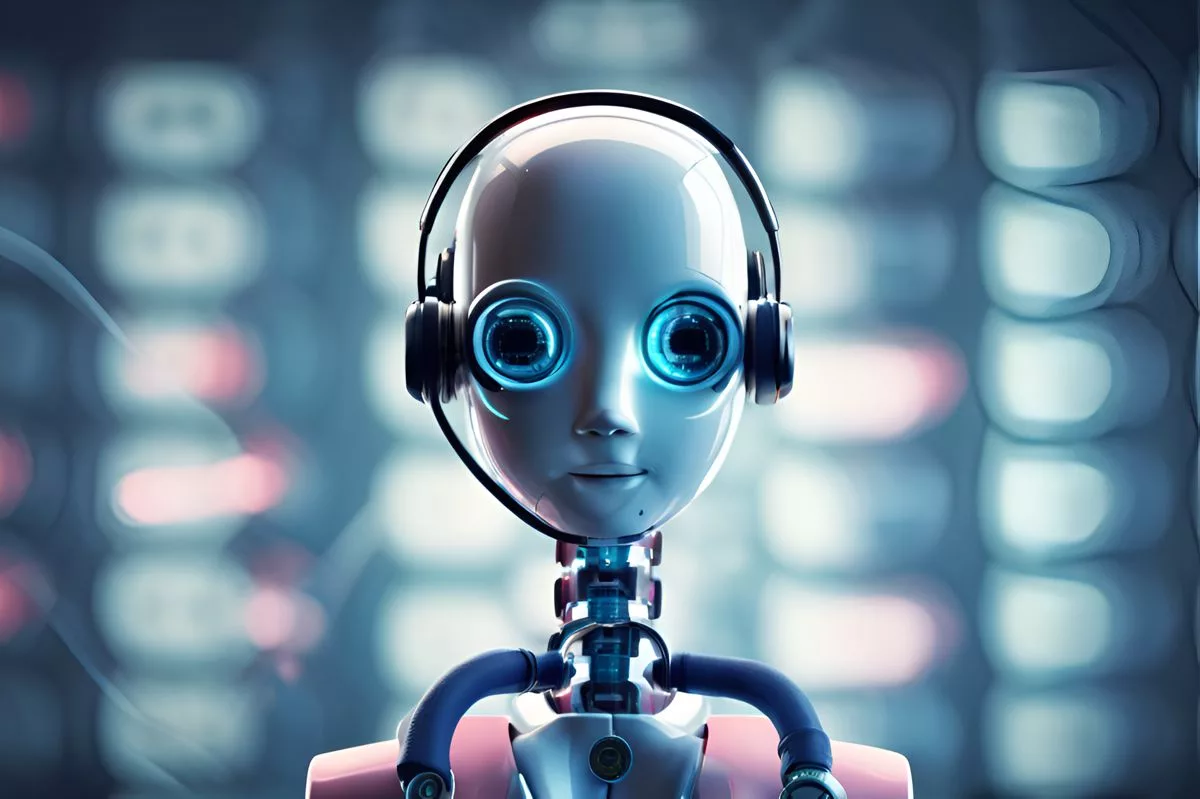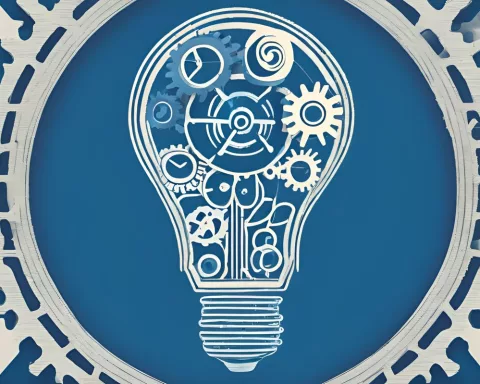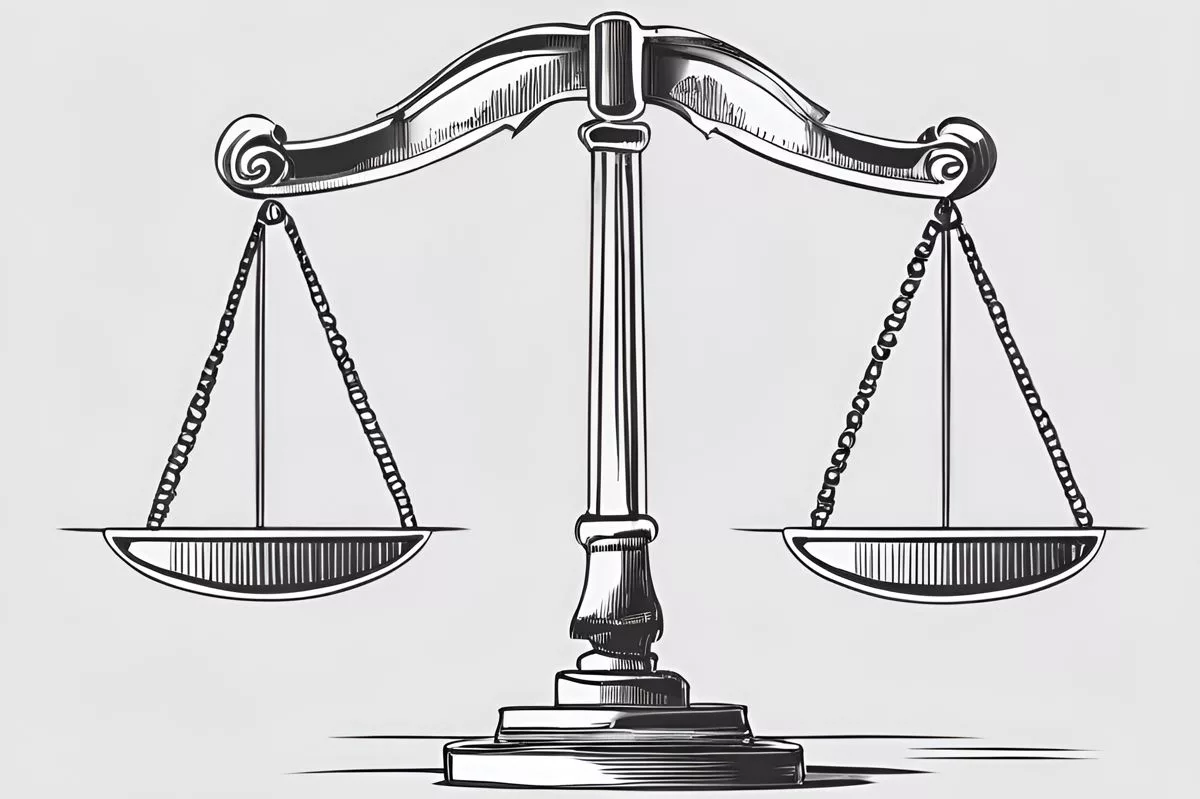A groundbreaking study at the University of Cape Town (UCT) explores the intersection of artificial intelligence (AI) and education, using ChatGPT to create an orthopaedics textbook with medical students. This approach not only enhances students’ digital literacy skills but also fosters a sense of ownership and participation in their education. The study also highlights the need for inclusive and diverse AI-generated content and emphasizes the transformative potential of AI in education. UCT’s innovative research opens up new possibilities for enriched learning environments through the integration of technology and teamwork.
Pioneering the Intersection of AI and Education: A Revolutionary Study at UCT
A revolutionary study at the University of Cape Town (UCT) examines the convergence of artificial intelligence (AI) and education. The study places emphasis on the utilization of ChatGPT, an AI tool that was harnessed by undergraduate medical students to co-create chapters for an orthopaedics textbook, establishing a unique partnership with medical professionals. This method not only bolsters the students’ AI digital literacy aptitudes but also instills in them a sense of proprietorship and active participation in their scholastic advancement.
In today’s technologically evolving world, a revolutionary research initiative at the University of Cape Town (UCT) examines the convergence of artificial intelligence (AI) and education. This novel investigation, executed by the Digital Open Textbooks for Development (DOT4D) team in UCT’s Centre for Innovation in Learning and Teaching (CILT), probes the potential abilities of AI in transforming the realm of medical education and student involvement.
The study, recently released by Associate Professor Glenda Cox and her colleagues Michelle Willmers, Robyn Brown, and Professor Michael Held, places emphasis on the utilization of ChatGPT. This AI tool was harnessed by undergraduate medical students to co-create chapters for an orthopaedics textbook, establishing a unique partnership with medical professionals.
A Dual Benefit Approach
What sets this method apart is the double advantage it offers. It not only bolsters the students’ AI digital literacy aptitudes but also instils in them a sense of proprietorship and active participation in their scholastic advancement. These students evolve into allies rather than just bystanders, in the formation of open educational resources (OER).
Central to this study is a teaching philosophy that fosters student independence and teamwork. As outlined by Professor Cox, the instructor’s strategy was chiefly to create a space where students could discover and develop without restrictions. This open-ended, investigative technique has confirmed that when offered freedom, students’ resourcefulness and inventive abilities surpass anticipations, consequently enhancing both their learning journey and the scholastic content they generate.
Enlightening Aspects and Transformative Power
The research unveils enlightening elements of the instructor’s technique, primarily related to evaluation, quality, and their ambitions to magnify student input through co-creation. It underscores the reformative influence of engaging students as collaborators in the creation of educational content and resources.
According to Cox, student participation in the writing of textbook chapters not only makes the scholarly material more comprehensible and accessible but also induces in students a sense of contributing to future education. This recognition of students as authors and co-authors of knowledge encourages them to produce superior work and establishes a deeper bond with the material.
While acknowledging the study’s shortcomings, like its limited sample size, Cox champions for extensive institutional support for AI technologies. To fully tap the capabilities of AI in education, sturdy support structures are paramount, including vital AI digital literacy schemes for students and staff.
AI Inclusivity and Future Implications
The study also emphasises the global necessity to ensure AI-generated content is inclusive and encapsulates assorted viewpoints, particularly from the Global South. The objective is to counter biases and promote widespread representation in AI-based educational content.
This research merely scratches the surface of the innovative applications of AI in education. It demonstrates the potential technology possesses to boost accessibility and educational outcomes. As Cox pointed out, their work marks merely the inception as they persist in exploring the crossover of AI and education. The prospects for transformative learning experiences appear limitless.
UCT’s innovative leap contributes to the worldwide dialogue on the responsible application of AI in higher education, laying the groundwork for a future where technology and teamwork form integral parts of enriching teaching and learning practices.
The study stands as a testament to the capacity of AI in altering the terrain of education, solidifying the conviction that technological progress and human collaboration can unite to forge more engaging and effective learning environments. As we advance, the widespread adoption and responsible application of AI in education will undoubtedly act as a catalyst in the academic world.
What is the focus of the study at UCT?
The study at the University of Cape Town (UCT) explores the intersection of artificial intelligence (AI) and education, utilizing ChatGPT to co-create chapters for an orthopaedics textbook with medical students.
What are the benefits of the ChatGPT approach used in the study?
The ChatGPT approach not only enhances students’ digital literacy skills but also fosters a sense of ownership and participation in their education, making them allies rather than just bystanders in the formation of open educational resources (OER).
How does the teaching philosophy of the instructor involved in the study encourage student independence and teamwork?
The instructor’s strategy was chiefly to create a space where students could discover and develop without restrictions. This open-ended, investigative technique has confirmed that when offered freedom, students’ resourcefulness and inventive abilities surpass anticipations, consequently enhancing both their learning journey and the scholastic content they generate.
What are the enlightening aspects and transformative power of the study’s technique?
The study unveiled enlightening elements of the instructor’s technique, primarily related to evaluation, quality, and their ambitions to magnify student input through co-creation. It underscores the reformative influence of engaging students as collaborators in the creation of educational content and resources.
Why is it important to ensure AI-generated content is inclusive?
The study emphasizes the global necessity to ensure AI-generated content is inclusive and encapsulates assorted viewpoints, particularly from the Global South. The objective is to counter biases and promote widespread representation in AI-based educational content.
What are the future implications of this study for the crossover of AI and education?
UCT’s innovative leap contributes to the worldwide dialogue on the responsible application of AI in higher education, laying the groundwork for a future where technology and teamwork form integral parts of enriching teaching and learning practices. The prospects for transformative learning experiences appear limitless.











